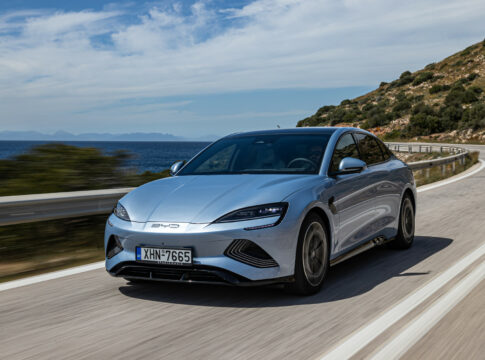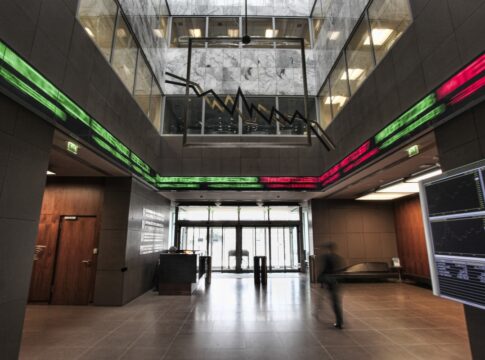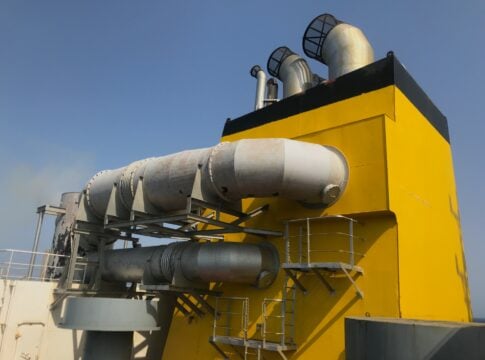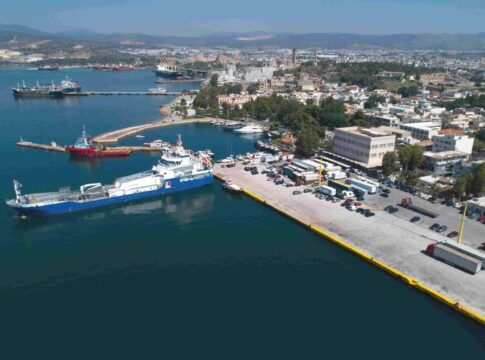The design of ships, and especially dry bulk carriers, presents particular challenges in decarbonizing existing ships, according to the conclusions of a forum organized by Intercargo in Athens.
More specifically, the president of Intercargo Dimitris Fafalios noted: “Shipping is an extremely broad term that covers both the tramp shipping sector and regular lines. Our sector, that of dry bulk carriers, presents particular challenges to decarbonization due to its nature, serving more ports and more berths in the world than any other sector.”
“The design of bulk carriers, especially smaller crane ships, has a cargo storage section near the engine room, where tanks for alternative fuels cannot be placed. Additionally, deck cranes leave little room for the increased storage volumes that alternative, low-carbon or zero-carbon fuels require,” he noted.
High-ranking officials and senior representatives of shipping companies participated in the event and exchanged views on technical and operational solutions that can help dry bulk ship operators move forward on their path to decarbonization.














